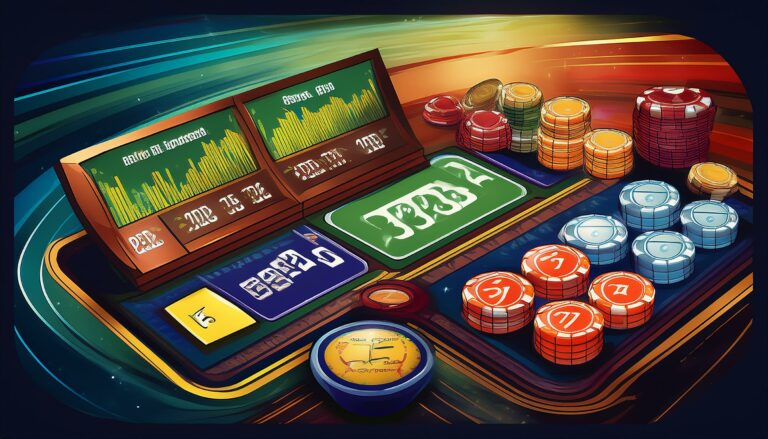Exploring the Future of Virtual Reality in IPL Legal Services: Laser247, Gold365, 11xplay
Laser247, Gold365, 11xplay: Virtual reality (VR) technology has quickly gained traction in IPL legal services, revolutionizing the way legal professionals interact with their clients and navigate complex cases. By immersing users in realistic, 3D environments, VR allows for a more interactive and engaging experience, enhancing the efficiency and effectiveness of legal consultations and case presentations.
Law firms are increasingly incorporating VR into their practices to provide clients with a more visual and personalized insight into legal matters. From virtual walkthroughs of crime scenes to immersive simulations of courtroom proceedings, VR technology enables lawyers and clients to better understand the intricacies of a case, leading to more informed decisions and successful outcomes.
Enhancing Client Communication and Collaboration through VR
Virtual Reality (VR) technology has revolutionized the landscape of client communication and collaboration in the field of IPL legal services. By immersing clients in virtual environments that simulate real-world scenarios, lawyers can effectively convey complex legal information in a more engaging and understandable manner. Through VR, clients have the opportunity to visualize legal concepts and potential outcomes, fostering a deeper understanding of their cases.
Furthermore, VR facilitates seamless collaboration between clients and legal professionals, regardless of geographical distance. Through virtual meeting rooms and interactive tools, clients can actively participate in the legal process and provide real-time feedback, leading to more informed decision-making. This virtual experience enhances transparency and trust in the client-lawyer relationship, ultimately improving the overall client experience in IPL legal services.
Virtual Reality’s Impact on Streamlining Legal Processes
Virtual Reality technology is revolutionizing the way legal processes are streamlined, offering innovative solutions to long-standing challenges in the legal industry. By incorporating VR tools into their workflow, law firms can optimize document review processes, case preparation, and even courtroom simulations. These advancements enable legal professionals to analyze complex data, strategize more effectively, and enhance overall case management efficiency.
Moreover, Virtual Reality facilitates virtual meeting spaces, allowing lawyers and clients to interact in a realistic and immersive environment regardless of their physical locations. This feature minimizes the need for in-person meetings, reducing travel time and expenses, while simultaneously enhancing client communication and collaboration. By leveraging VR technology to streamline legal processes, law firms can provide more timely and cost-effective services, ultimately improving client satisfaction and loyalty.







